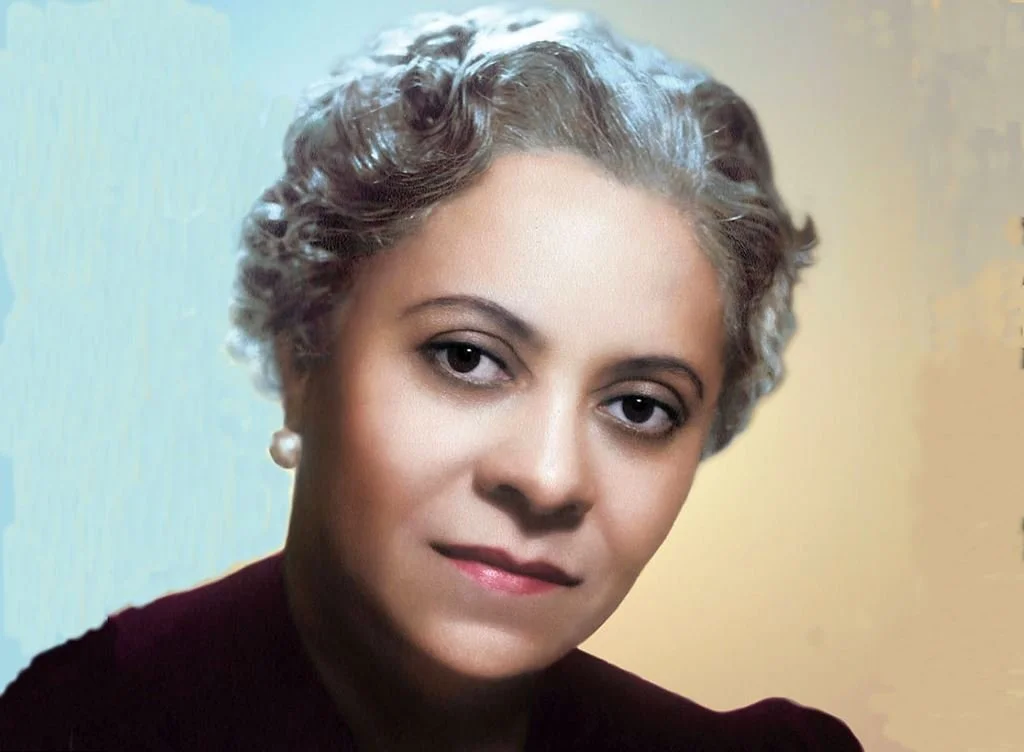Welcome to our April Newsletter!
The Springtime of Flight, 1950 Tirzah Garwood
With Spring in the air, we are preparing for the final stop on our 2024-25 musical voyage! Next month, Sarasa will present a program of works that find inspiration through the lens of world literary artists.
Baudelaire, Mishima and Akhmatova all pushed the boundaries of their respective eras and countries through the written word. 20th-century composers Henri Pousseur, Philip Glass and John Tavener bring their poetry and spirits alive, respectively, in music for soprano and strings. In addition, Sarasa will explore string quartets by two prolific female composers who, though extremely talented and highly regarded in their day, have only recently been brought back to the concert stage: 19th-century German composer Emilie Mayer was a contemporary of Robert & Clara Schumann, and 20th-century American composer Florence Price was a contemporary of George Gershwin.
up next:
Friday, May 16, 2025 at 7pm at Brattleboro Music Center, Brattleboro VT (tickets at bmcvt.org)
Saturday, May 17, 2025 at 7pm at Friends Meeting House, Cambridge
Sunday, May 18, 2025 at 3:30pm at Follen Community Church, Lexington
With Mara Riley, soprano; Elise Kuder, Amy Galluzzo, violins; Mike Kelley, viola; Jennifer Morsches, Timothy Merton, cellos.
Program:
Pour Baudelaire per voce solo - Henri Pousseur (1929-2009)
String Quartet in G Major - Florence B. Price (1887-1953)
II. Andante Moderato
Akhmatova Songs, for soprano and string quartet - John Tavener (1944-2013)
Dante
Pushkin and Lermontov
Boris Pasternak
Couplet
The Muse
Death
String Quartet No. 3 “Mishima” VI. Closing - Philip Glass (b. 1937)
VI. Closing
intermission
String Quartet No. 1 in G minor, Op. 14 - Emilie Mayer (1812-1883)
Allegro appassionato
Scherzo. Allegro assai - Trio. Un poco più lento
Adagio con molta espressione
Finale. Allegro molto
Saved from Obscurity: Composer Florence Price
Thanks to a couple who were renovating an abandoned house in the outskirts of Chicago, Illinois in 2009, the original music manuscripts of Florence B. Price (1887-1953) came to light and were brought back from the precipice of irreparable loss. Amongst the debris they found in the composer’s former summer cottage, they discovered boxes filled with forgotten manuscripts, letters and diary fragments everywhere with the author’s signature, Florence Price.
A native of Little Rock, Arkansas, Florence was born to a Black father who was a dentist and a white mother who was a pianist. She received her first lessons on the piano from her mother, who encouraged her to pursue music. She matriculated at the New England Conservatory of Music, one of very few Black students accepted — although she applied as a “Mexican” in order to even be considered. She earned diplomas in both piano and organ in 1906. Breaking gender barriers, she became head of the music department at Clark Atlanta University in Georgia in 1910. Two years later, she married Thomas J Price and they moved back to her home town of Little Rock. Racial tensions were on the rise in much of the South, and, after a public lynching in Little Rock in 1927, the family decided to migrate to Chicago. The couple later divorced, but Price retained her married name and made ends meet by teaching piano, playing the organ for silent film screenings and writing advertising jingles under the pseudonym “Vee Jay." At the same time, she began to enter composition competitions, in which she won several prizes. The stars aligned for her in 1932, when she won two first prizes in the symphonic and piano composition categories in the Wanamaker Music Composition Contest. This caught the attention of conductor Frederick Stock, who premiered her first symphony with the Chicago Symphony Orchestra in 1933, the first performance of a symphony penned by an African American woman in the United States.
Despite that success and the clear recognition of her talents, Florence often struggled to get her music played or even published, a problem she acknowledged in 1943 in a letter addressed to the music director of the Boston Symphony Orchestra, Serge Koussevitzky, asking him to consider performing her music. "I have two handicaps," she wrote. "I am a woman and I have some Negro blood in my veins.” The BSO never performed her orchestral music during her lifetime.
Sarasa is excited to be performing Florence Price's String Quartet in G major. Here you get an idea of the second movement's gentle warmth and its contrasting middle section full of wit and charm:
spotlight on Anna Akhmatova
Anna Akhmatova (1889-1966) was one of the most celebrated Russian poets of the 20th century, and one of few to survive Stalin’s terrorist grip on the arts— she was banned at home, but published abroad. Her first husband was executed, their son was jailed as a warning to her, her second husband died of TB, and her third husband died in the Gulag. She dared not even write down her most subversive text, Requiem, entrusting it instead to the memories of her friends, in the hope that one day Russians might read it one day. For Akhmatova, poetry was the foundation of resistance.
Canto XXVIII “as star with star is placed” from The Divine Comedy, Dante; British Library
British composer John Tavener (1944-2013) set some of her poetry from different periods of her life in a hauntingly beautiful work for soprano and string quartet, which Sarasa will perform with Mara Riley. In Tavener’s cycle, the poems he chose pay homage to other literary greats Dante, Boris Pasternak (author of Dr. Zhivago), Pushkin as well as the program’s titular Muse.
Anna Akhmatova
March 28, 1944
Tashkent
“Metztli icualoca: lunar eclipse,” Book 7, Folio 7r, Artist N La Historia General de las Cosas de Nueva España Getty Research Institute






















